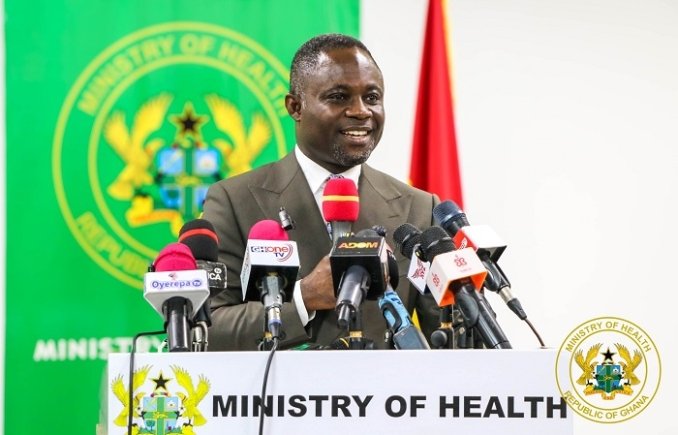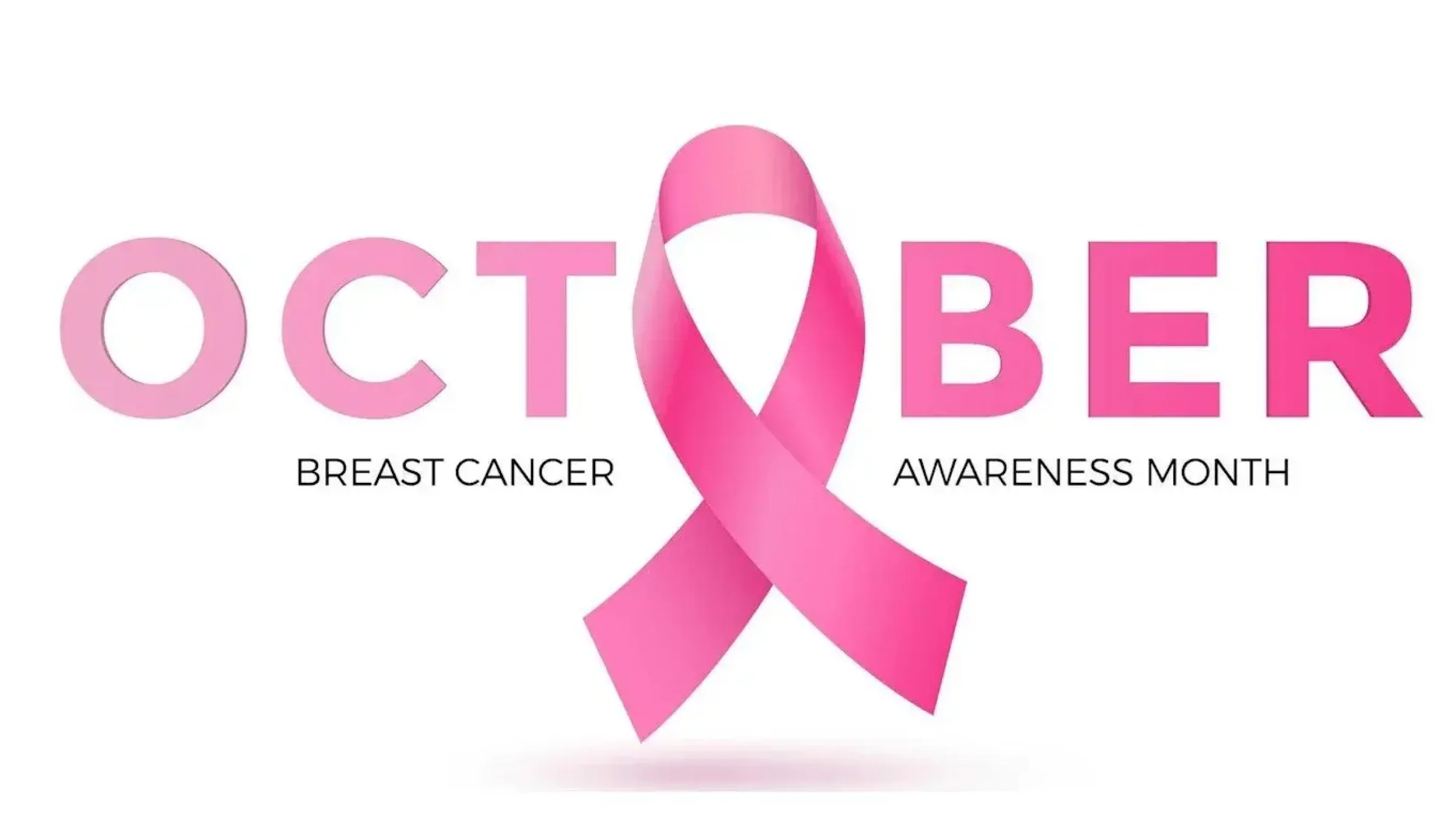The World Health Organization’s (WHO) latest World Health Statistics Report 2025 reveals a significant global health setback: life expectancy has declined by 1.8 years between 2019 and 2021, marking the sharpest drop in recent history and effectively reversing a decade of progress .
While the report highlights substantial declines in regions such as the Americas and Southeast Asia, Ghana and other sub-Saharan African nations are also grappling with the pandemic’s indirect effects. These include disruptions to essential health services, a surge in noncommunicable diseases (NCDs), and increased mental health issues.
Dr. Samira Asma, WHO’s Director of Data Analytics and Delivery for Impact, emphasized the urgency of the situation: “The 2025 World Health Statistics report shows that the world is failing in its annual health checkup. But countries have shown that rapid progress is possible.”
Over the past two decades, Ghana has made commendable strides in maternal and child health, reducing maternal deaths by over 40% and halving under-5 child mortality between 2000 and 2023. However, recent years have seen a plateau in these gains, with the rise of NCDs such as hypertension, diabetes, and heart disease posing new challenges.
Mental health has also emerged as a critical concern. The pandemic has led to increased levels of anxiety and depression, which have contributed to a reduction in global healthy life expectancy by six weeks.
To address these challenges, health experts advocate for a multifaceted approach:
Enhancing data collection systems is crucial for monitoring health trends and responding effectively to emerging threats. Integrating mental health services into primary healthcare can help address the growing burden of psychological disorders. Additionally, implementing public awareness campaigns and community-based interventions can promote healthy lifestyles and mitigate the rise of NCDs.
Ensuring universal health coverage is also paramount. By providing all Ghanaians with access to essential health services without financial hardship, the country can build a more resilient health system capable of withstanding future crises.
As Ghana navigates the post-pandemic era, a renewed commitment to health equity, resilience, and innovation will be crucial. By addressing both the direct and indirect impacts of COVID-19, the nation can safeguard its health gains and pave the way for a healthier future.
For more insights on global health trends, read the full WHO report here.










